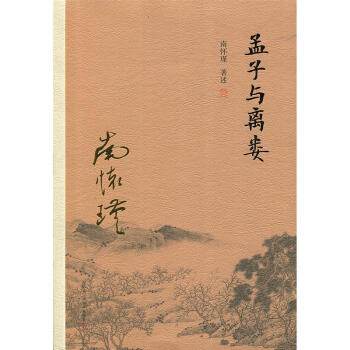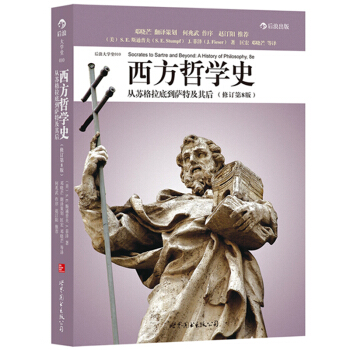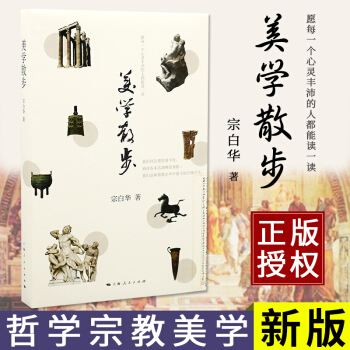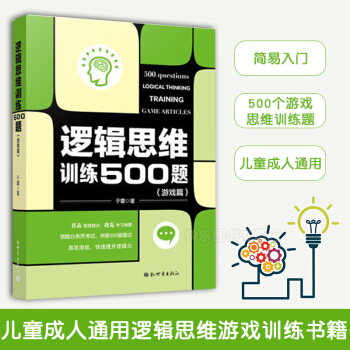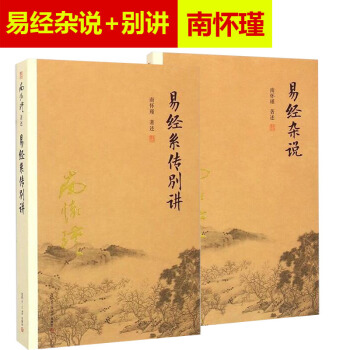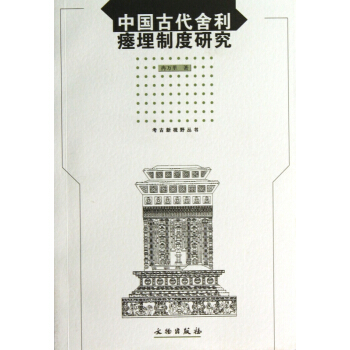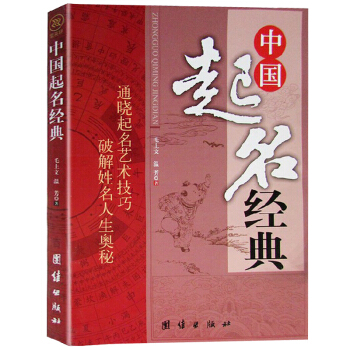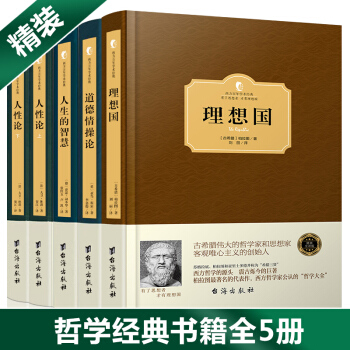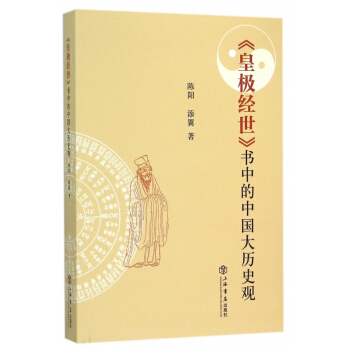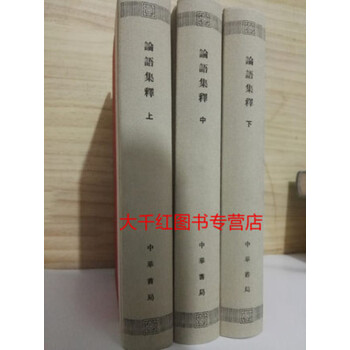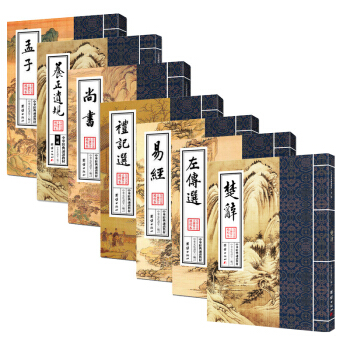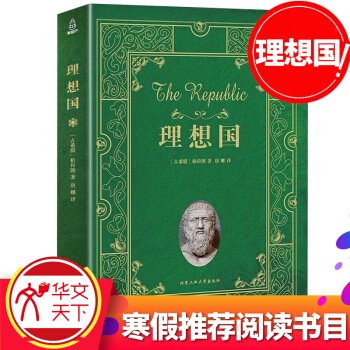具体描述
商品参数
目录
......
内容简介
......
《王阳明心学源流与实践》 一、 溯本追源:心学的孕育与发展 王阳明,名守仁,字伯安,浙江余姚人,明代杰出的思想家、哲学家、军事家、教育家。他的心学思想,以“致良知”为核心,强调“知行合一”,对中国乃至东亚的思想文化产生了深远影响。然而,要真正理解阳明心学的精髓,离不开对其思想孕育的时代背景、早期思想萌芽以及与前人思想的继承与发展关系的深入探究。 在阳明心学诞生的明代中叶,社会正经历着巨大的变革。一方面,商品经济的发展和市民阶层的兴起,冲击着传统的士农工商等级秩序,为个性解放和思想多元化提供了土壤;另一方面,程朱理学的僵化与官场的腐败,使得知识分子普遍感到精神上的困惑与迷茫,渴望一种能够安顿心灵、指导实践的新思想体系。正是在这样的历史语境下,王阳明凭借其敏锐的洞察力和卓越的智慧,对儒家传统进行了创造性的转化,构建起了影响后世的阳明心学。 早在形成成熟的心学体系之前,王阳明便已开始对儒家经典进行深入的研习,并在此过程中不断探索。他早年曾受到程朱理学的影响,但并未将其奉为圭臬,而是在实践中不断反思与修正。在为官期间,他历经宦海沉浮,在军事斗争与行政管理中,深刻体会到“理”与“事”的辩证关系,以及“心”在认识世界、改造世界中的主导作用。例如,他在平定宸濠之乱时,展现出的军事才能和战略眼光,以及在治理地方时推行的“保甲法”等改革措施,都体现了他将理论与实践相结合的早期探索。 更重要的是,王阳明积极吸收佛、道思想中的某些积极成分,并将其融入到儒家思想体系之中。他对佛教禅宗“心即佛”的观点产生了共鸣,认为人的内心本身就蕴藏着无限的潜能,关键在于如何去体悟和发挥。同时,他也借鉴了道家“道法自然”的思想,强调顺应事物本身的规律,反对刻意为之。但王阳明并非简单地照搬照抄,而是以儒家伦理为根本,将佛、道思想中闪耀的智慧,化为滋养儒家思想的新养分,从而完成了对儒学“三教合一”的哲学整合。 在思想发展过程中,王阳明与当时其他学者的交流切磋也至关重要。他并非孤立地发展自己的思想,而是置身于当时的学术争鸣之中,与同代人就“格物致知”等问题进行激烈的辩论。这些辩论,既是他思想成熟的催化剂,也为我们理解阳明心学的独特之处提供了宝贵的参照。他对于“格物致知”的重新解释,从对外物的“格”转向对内心的“格”,是其心学转向的关键一步,也标志着他开始走向一条与程朱理学截然不同的道路。 因此,《王阳明心学源流与实践》并非孤立的哲学体系的呈现,而是对王阳明思想发生、发展的整个过程进行一次细致入微的梳理。它将帮助读者理解,阳明心学并非凭空出现,而是深深植根于中国传统文化的土壤,是王阳明在时代浪潮中,对儒家思想进行深刻反思、融合与创新的结晶。通过追溯其思想的源头,我们才能更好地把握其核心要义,理解其深邃的哲学意涵,以及它在后世所引发的巨大涟漪。 二、 心学精要:致良知与知行合一 在王阳明波澜壮阔的一生中,其思想的闪光点莫过于“致良知”与“知行合一”两大核心命题。“致良知”是阳明心学的理论基石,而“知行合一”则是其学说的实践指南。这两者相互依存,共同构成了王阳明思想体系的巍峨殿堂。 “良知”并非某种外在的、后天习得的知识,而是人天生固有的一种道德自觉,一种判断是非善恶的天然能力。《传习录》中,王阳明反复强调:“良知是天理”,是人人都具备的,无需外求。它就像一颗种子,深藏于每个人的心中,等待着被唤醒和培养。然而,由于后天环境的影响,人的欲望和私念会遮蔽良知的光芒,使其沉睡不醒。因此,“致良知”的首要任务便是“发现”和“体认”良知。这并非一个简单的过程,而是需要通过“静坐”等工夫,排除杂念,回归内心的宁静,去感受和体悟那股发自内心的道德力量。 “致”字的含义尤其值得深究。它并非仅仅是“知道”良知,而是要去“推致”、“扩充”,使其在日常生活和具体事务中得到充分的发挥和应用。这意味着,良知不能仅仅停留在理论层面,更要落实在行动之中。王阳明以“孝”、“弟”为例,认为一个人懂得孝顺父母、尊敬兄长,便是良知在起作用;一个人能够分辨出什么是孝,什么是愚孝,那就是良知在发挥其判断功能。反之,如果一个人明明知道什么是对的,却仍然去做错事,那么他的良知就被蒙蔽了。 “知行合一”的提出,正是为了解决“致良知”过程中可能出现的“知而不行”的困境。“知”与“行”,在王阳明看来,本是同一件事情的两个方面,不可分割。“知”是“行的开始”,“行”是“知的完成”。一个人真正知道了某个道理,他的行为自然会与之相符。反之,如果一个人声称知道了某个道理,但行为却与之背离,那便是“未真知”。 他用“见好色”和“闻香”来比喻。见好色,即是“知”;喜欢这个好色,便“行”了。闻香,即是“知”;喜欢这个香味,便“行”了。这种“知”与“行”的即时性、统一性,是他对传统“知先行后”或“知易行难”观念的根本颠覆。他认为,将“知”与“行”割裂开来,是导致许多人“学而不行”的根本原因。 “知行合一”并非鼓励鲁莽的行动,而是强调一种自觉的、有目的的实践。它要求我们在认识事物的过程中,就已经将行动纳入了考量。例如,学习治国之道,不仅仅是了解史书典籍,更要将这些知识运用到具体的政务中去,在实践中检验和深化自己的认识。在军事上,了解兵法固然重要,但真正要成为一名优秀的将领,必须要在战场上身先士卒,在实战中磨练指挥才能。 “致良知”是内向的工夫,是对内心道德自觉的体认和发掘;“知行合一”是外向的实践,是将良知推而广之,落实于生活万事万物。两者相互激发,相辅相成。“致良知”为“知行合一”提供了道德的源泉和方向,而“知行合一”则是“致良知”的最终归宿和检验标准。 《王阳明心学源流与实践》将深入剖析这两个核心概念的内涵、逻辑关系以及在不同情境下的具体体现。通过大量引用阳明的原话和生平事迹,力求将这些抽象的哲学概念,转化为鲜活可感的实践指南,帮助读者理解如何运用“致良知”来审视内心,如何通过“知行合一”来指导生活,从而在纷繁复杂的现实世界中,找到安顿身心的力量,实现个人价值与社会责任的统一。 三、 实践之光:阳明心学在生活与时代的投影 王阳明的思想,绝非仅仅停留在书斋里的哲学思辨,而是深深地根植于其丰富而传奇的人生实践,并由此辐射至其所处的时代,乃至后世的各个领域。理解阳明心学的实践意义,意味着要将其置于具体的历史情境中,观察它如何影响了当时的社会风貌,又如何为后世留下了宝贵的精神遗产。 在军事领域,王阳明的才能尤为突出。他曾以区区数千兵力,平定近十万人的宸濠叛乱;又孤身犯险,深入苗疆,以德服人,化解了长期的民族矛盾。这些辉煌的战绩,绝非仅仅依靠军事技巧,更重要的是他“知行合一”的军事哲学。他强调将“心”的力量置于首位,通过“安民”、“恤民”来凝聚人心,从而形成强大的战斗力。他的“以文治武功”的策略,将道德教化与军事行动相结合,体现了其心学思想在实践中的独特应用。他能够在绝境中保持镇定,指挥若定,正是因为他内心笃定,坚信“致良知”的力量可以战胜一切困难。 在政治和行政管理方面,阳明心学也发挥了重要作用。他倡导“为政者,必先自正其心”,认为只有官员自身端正了品行,才能有效地治理民众。他推行的“保甲法”,加强了地方的治安管理,稳定了社会秩序;他在地方上兴办学校,鼓励人们学习,提升了民众的素质。他的许多行政措施,都体现了以人为本、重教化、轻刑罚的理念,这与他“致良知”的核心思想是内在一致的。他认为,通过引导民众发现和发挥自身的良知,可以从根本上减少犯罪,构建和谐的社会。 教育方面,王阳明更是桃李芬芳,其弟子众多,遍布各地。他打破了传统的师道尊严,强调“有教无{- $$$$$$$$$$$$$$$$$$$$$$$$$$$$$$$$$$$$$$$$$$$$$$$$$$$$$$$$$$$$$$$$$$$$$$$$$$$$$$$$$$$$$$$$$$$$$$$$$$$$$$$$$$$$$$$$$$$$$$$$$$$$$$$$$$$$$$$$$$$$$$$$$$$$$$$$$$$$$$$$$$$$$$$$$$$$$$$$$$$$$$$$$$$$$$$$$$$$$$$$$$$$$$$$$$$$$$$$$$$$$$$$$$$$$$$$$$$$$$$$$$$$$$$$$$$$$$$$$$$$$$$$$$$$$$$$$$$$$$$$$$$$$$$$$$$$$$$$$$$$$$$$$$$$$$$$$$$$$$$$$$$$$$$$$$$$$$$$$$$$$$$$$$$$$$$$$$$$$$$$$$$$$$$$$$$$$$$$$$$$$$$$$$$$$$$$$$$$$$$$$$$$$$$$$$$$$$$$$$$$$$$$$$$$$$$$$$$$$$$$$$$$$$$$$$$$$$$$$$$$$$$$$$$$$$$$$$$$$$$$$$$$$$$$$$$$$$$$$$$$$$$$$$$$$$$$$$$$$$$$$$$$$$$$$$$$$$$$$$$$$$$$$$$$$$$$$$$$$$$$$$$$$$$$$$$$$$$$$$$$$$$$$$$$$$$$$$$$$$$$$$$$$$$$$$$$$$$$$$$$$$$$$$$$$$$$$$$$$$$$$$$$$$$$$$$$$$$$$$$$$$$$$$$$$$$$$$$$$$$$$$$$$$$$$$$$$$$$$$$$$$$$$$$$$$$$$$$$$$$$$$$$$$$$$$$$$$$$$$$$$$$$$$$$$$$$$$$$$$$$$$$$$$$$$$$$$$$$$$$$$$$$$$$$$$$$$$$$$$$$$$$$$$$S$$$$$T$$$$$$$$$$$$$$$$$$$$$$$$$$$$$$$$$$$$$$$$$$$$$$$$$$$$$$$$$$$$$$$$$$$$$$$$$$$$$$$$$$$$$$$$$$$$$$$$$$$$$$$$$$$$$$$$$$$$$$$$$$$$$$$$$$$$$$$$$$$$$$$$$$$$$$$$$$$$$$$$$$$$$$$$$$$$$$$$$$$$$$$$$$$$$$$$$$$$$$$$$$$$$$$$$$$$$$$$$$$$$$$$$$$$$$$$$$$$$$$$$$$$$$$$$$$$$$$$$$$$$$$$$$$$$$$$$$$$$$$$$$$$$$$$$$$$$$$$$$$$$$$$$$$$$$$$$$$$$$$$$$$$$$$$$$$$$$$$$$$$$$$$$$$$$$$$$$$$$$$$$$$$$$$$$$$$$$$$$$$$$$$$$$$$$$$$$$$$$$$$$$$$$$$$$$$$$$$$$$$$$$$$$$$$$$$$$$$$$$$$$$$$$$$$$$$$$$$$$$$$$$$$$$$$$$$$$$$$$$$$$$$$$$$$$$$$$$$$$$$$$$$$$$$$$$$$$$$$$$$$$$$$$$$$$$$$$$$$$$$$$$$$$$$$$$$$$$$$$$$$$$$$$$$$$$$$$$$$$$$$$$$$$$$$$$$$$$$$$$$$$$$$$$$$$$$$$$$$$$$$$$$$$$$$$$$$$$$$$$$$$$$$$$$$$$$$$$$$$$$$$$$$$$$$$$$$$$$$$$$$$$$$$$$$$$$$$$$$$$$$$$$$$$$$$$$$$$$$$$$$$$$$$$$$$$$$$$$$$$$$$$$$$$$$$$$$$$$$$$$$$$$$$$$$$$$$$$$$$$$$$$$$$$$$$$$$$$$$$$$$$$$$$$$$$$$$$$$$$$$$$$$$$$$$$$$$$$$$$$$$$$$$$$$$$$$$$$$$$$$$$$$$$$$$$$$$$$$$$$$$$$$$$$$$$$$$$$$$$$$$$$$$$$$$$$$$$$$$$$$$$$$$$$$$$$$$$$$$$$$$$$$$$$$$$$$$$$$$$$$$$$$$$$$$$$$$$$$$$$$$$$$$$$$$$$$$$$$$$$$$$$$$$$$$$$$$$$$$$$$$$$$$$$$$$$$$$$$$$$$$$$$$$$$$$$$$$$$$$$$$$$$$$$$$$$$$$$$$$$$$$$$$$$$$$$$$$$$$$$$$$$$$$$$$$$$$$$$$$$$$$$$$$$$$$$$$$$$$$$$$$$$$$$$$$$$$$$$$$$$$$$$$$$$$$$$$$$$$$$$$$$$$$$$$$$$$$$$$$$$$$$$$$$$$$$$$$$$$$$$$$$$$$$$$$$$$$$$$$$$$$$$$$$$$$$$$$$$$$$$$$$$$$$$$$$$$$$$$$$$$$$$$$$$$$$$$$$$$$$$$$$$$$$$$$$$$$S$$R$$$$$$$$$$$$$$$$$$$$$$$$$$$$$$$$$$$$$$$$$$$$$$$$$$$$$$$$$$$$$$$$$$$$$$$$$$$$$$$$$$$$$$$$$$$$$$$$$$$$$$$$$$$$$$$$$$$$$$$$$$$$$$$$$$$$$$$$$$$$$$$$$$$$$$$$$$$$$$$$$$$$$$$$$$$$$$$$$$$$$$$$$$$$$$$$$$$$$$$$$$$$$$$$$$$$$$$$$$$$$$$$$$$$$$$$$$$$$$$$$$$$$$$$$$$$$$$$$$$$$$$$$$$$$$$$$$$$$$$$$$$$$$$$$$$$$$$$$$$$$$$$$$$$$$$$$$$$$$$$$$$$$$$$$$$$$$$$$$$$$$$$$$$$$$$$$$$$$$$$$$$$$$$$$$$$$$$$$$$$$$$$$$$$$$$$$$$$$$$$$$$$$$$$$$$$$$$$$$$$$$$$$$$$$$$$$$$$$$$$$$$$$$$$$$$$$$$$$$$$$$$$$$$$$$$$$$$$$$$$$$$$$$$$$$$$$$$$$$$$$$$$$$$$$$$$$$$$$$$$$$$$$$$$$$$$$$$$$$$$$$$$$$$$$$$$$$$$$$$$$$$$$$$$$$$$$$$$$$$$$$$$$$$$$$$$$$$$$$$$$$$$$$$$$$$$$$$$$$$$$$$$$$$$$$$$$$$$$$$$$$$$$$$$$$$$$$$$$$$$$$$$$$$$$$$$$$$$$$$$$$$$$$$$$$$$$$$$$$$$$$$$$$$$$$$$$$$$$$$$$$$$$$$$$$$$$$$$$$$$$$$$$$$$$$$$$$$$$$$$$$$$$$$$$$$$$$$$$$$$$$$$$$$$$$$$$$$$$$$$$$$$$$$$$$$$$$an". But on the other hand, the late Ming Dynasty was also a period of political corruption and social unrest. The ruling class was increasingly decadent, and the people were burdened by heavy taxes and exploitation. Many intellectuals were disillusioned with the existing political system and sought a way to escape the corrupt world. In this context, Wang Yangming's emphasis on returning to one's innate conscience and practicing moral cultivation resonated deeply. His teachings offered a spiritual refuge and a guide for personal conduct in a troubled era. His disciples, drawn from all walks of life, included officials, scholars, merchants, and even soldiers. They carried his teachings to various parts of China, influencing not only intellectual circles but also shaping the moral compass of society. The establishment of academies and the widespread dissemination of his teachings through lectures and writings, such as the extant dialogues and letters, contributed to the flourishing of Neo-Confucianism in the Ming Dynasty. His followers, often referred to as "Yangmingists," played significant roles in both intellectual and political spheres. They carried the spirit of questioning and independent thought, encouraging individuals to take responsibility for their actions and to strive for moral perfection in their daily lives. The impact of Yangming's philosophy extended beyond China's borders, influencing scholars and thinkers in Japan, Korea, and Vietnam. His emphasis on innate knowledge and the power of the individual conscience resonated with the reformist movements and intellectual currents in these countries. In Japan, for instance, his ideas contributed to the development of Bushido, the way of the samurai, emphasizing loyalty, self-discipline, and moral integrity. In Korea, his philosophy stimulated intellectual debate and challenged the rigid interpretations of Neo-Confucianism prevalent at the time. Furthermore, the practical application of Yangming's philosophy can be seen in various aspects of life. His emphasis on self-cultivation and moral integrity was adopted by many who sought to live a meaningful life, regardless of their social standing. His ideas provided a framework for understanding and navigating the complexities of human relationships, ethical dilemmas, and the pursuit of personal fulfillment. Even in the face of societal challenges and political upheaval, Yangming's philosophy offered a beacon of hope, encouraging individuals to maintain their moral integrity and to contribute positively to society. This section aims to explore the concrete manifestations of Yangming's philosophy in various domains of life and society. By examining his military campaigns, administrative reforms, educational endeavors, and the spread of his teachings, we can gain a deeper appreciation for the practical wisdom and enduring relevance of his thought. It highlights how a philosophical system, rooted in the inner life, can profoundly shape the external world and leave an indelible mark on history. In conclusion, "The Origins and Practice of Wang Yangming's Philosophy of Mind" seeks to provide a comprehensive exploration of this influential thinker's life and work. It moves beyond mere textual analysis to delve into the historical context, the philosophical underpinnings, and the practical implications of his thought. By tracing the origins of his ideas, dissecting their core tenets, and examining their impact on society and individuals, this work aims to offer readers a profound and nuanced understanding of Wang Yangming and his enduring legacy. It invites readers to not only learn about his philosophy but also to engage with its timeless wisdom and apply it to their own lives in meaningful ways.
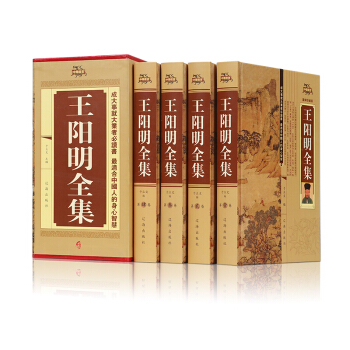


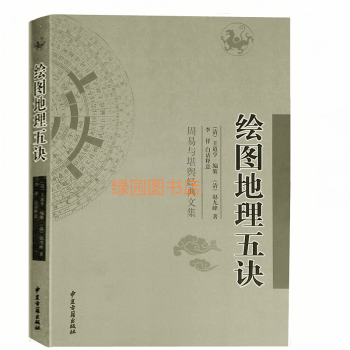
![[按需印刷]并行算法设计与性能优化 计算机与互联网 书籍|4706195 pdf epub mobi 电子书 下载](https://pic.tinynews.org/26122434416/5aa6223fN38e26141.jpg)
